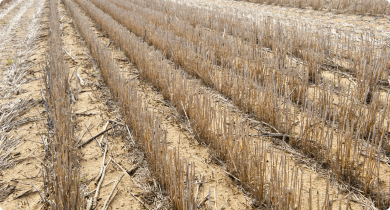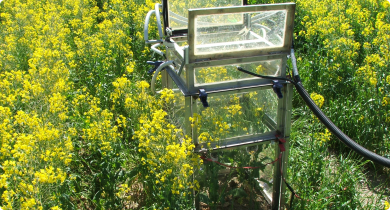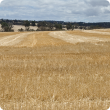Soil carbon
Increasing soil organic carbon (SOC) is widely regarded as beneficial to soil function and fertility and has been associated with increased agricultural productivity. With soil being considered a major world carbon sink (as well as a source of carbon emissions), increasing the amount of organic carbon in agricultural and rangeland soils is seen as one way of mitigating climate change. Consequently in the past the department has been involved in quantifying the ability of various soil types and land management practices to increase net organic carbon inputs. Soil type, rainfall and temperature limit the amount of soil organic carbon generated and stored. To increase soil organic carbon continuous inputs of external sources are required, which can be logistically difficult and expensive. In other cases increases in soil organic carbon will generally be an incidental benefit potentially seen from good agronomic practices.
Articles
Filter by search
Filter by topic
- Production & postharvest (1) Apply Production & postharvest filter
- Soil management (1) Apply Soil management filter
- Sowing (1) Apply Sowing filter
- Wheat (1) Apply Wheat filter
- Measuring and assessing soils (1) Apply Measuring and assessing soils filter
- Grains (1) Apply Grains filter
- (-) Remove Fertiliser filter Fertiliser
- Barley (1) Apply Barley filter
- Crops (1) Apply Crops filter
- (-) Remove Plant nutrition filter Plant nutrition





